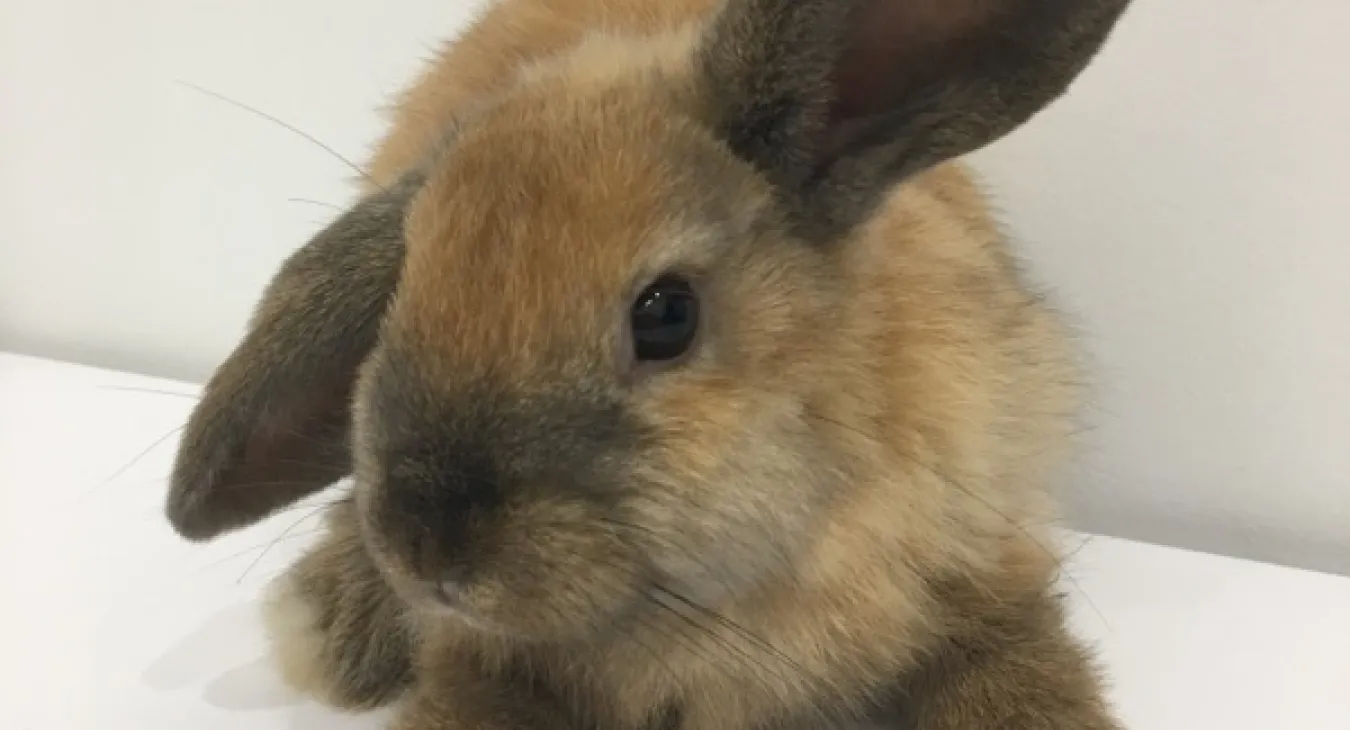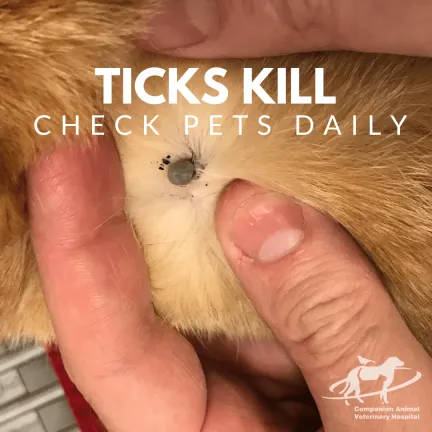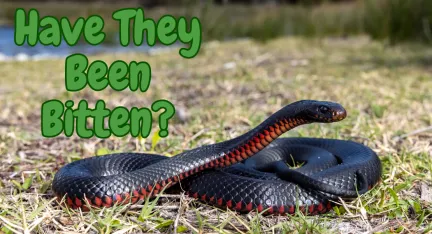Rabbit Calicivirus, also known as Rabbit Haemorrhagic Disease Virus (RHDV), is a viral disease first released in Australia in 1996, in an effort to control feral rabbits. There are a number of different strains in Australia. A new strain, RHDV1 K5, is to be released in the Illawarra and over 600 sites across Australia in early March. This timing corresponds with peak feral rabbit numbers.
How does it spread?
The virus is spread by rabbit to rabbit contact, flies and fleas, as well as contaminated clothes and environment.
What happens if they're infected?
It causes internal bleeding, rapid multiple organ failure and death within 6-12 hours of infection. Sometimes owners notice that their pet bunny appears unwell, however most often they are found dead in the hutch, without any previous signs of illness. Unfortunately once infected there is very little that can be done for your pet.
How can I protect my rabbit?
Now for some good news……. There is a vaccine!!! The current vaccine, Cylap RCD is cross protective for the new strain. It is recommended for all pet rabbits and covers the new strain as well as the original strain first released. Unfortunately it has poor coverage for RHDV2 - a strain already in Australia and doesn’t protect against Myxomatosis at all BUT it is the best protection we currently have.
Other ways to protect you rabbit include -
- excluding insects - insect mesh on cages or keep them inside
- avoiding contaminated feed - eg. feeding grass cut from fields
- separating pet from wild rabbits
- good hygiene - including hand washing
Read more articles
- Log in to post comments



